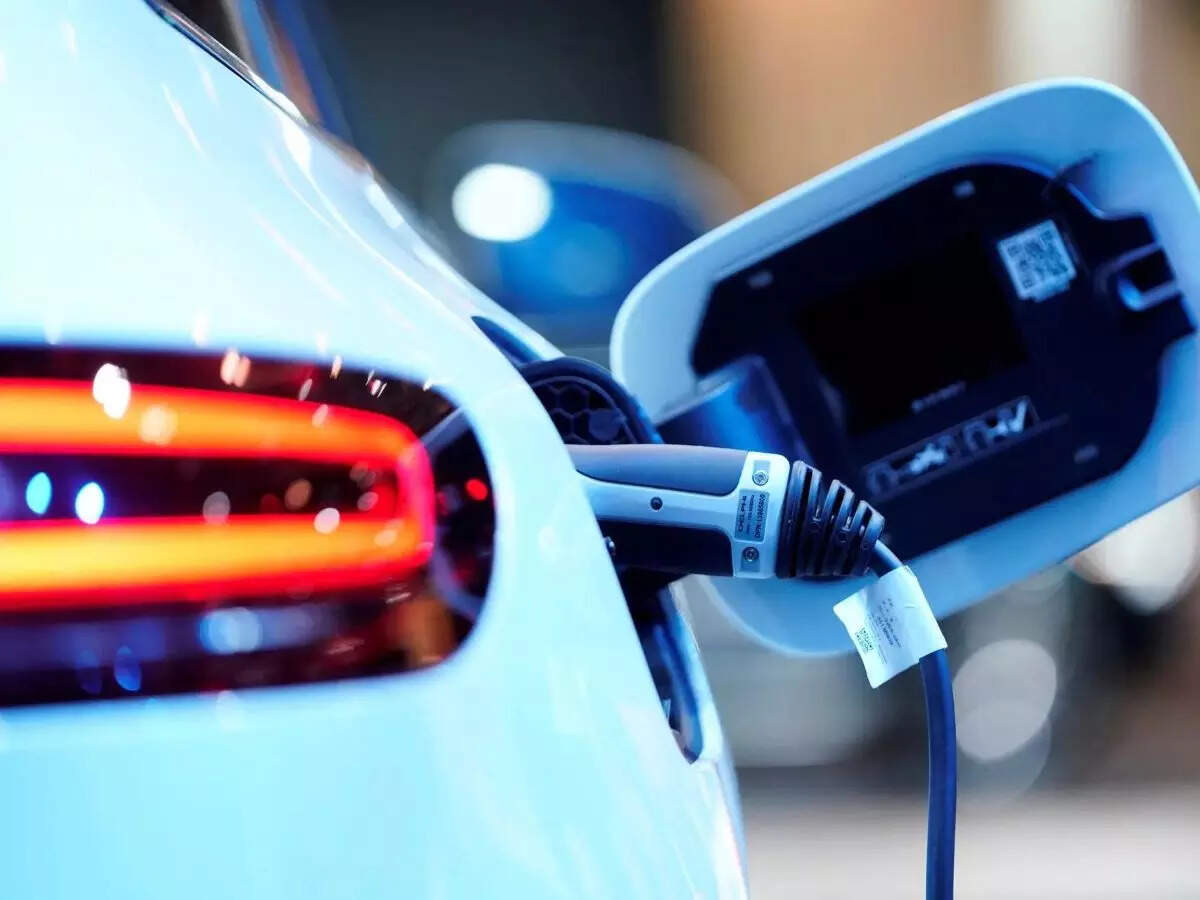
For 98.1 per cent of respondents from Bengaluru, EV transition of fleets by companies is ‘very important’ to ‘somewhat important’ in reducing air pollution and emissions, according to a study released by Sustainability Mobility Network (SMN) on Monday. The study, ‘Consumer Perceptions & Insights in the Last Mile Delivery Sector for the Transition to Electric Vehicles (EV)’, has also concluded that more than 80 per cent of respondents from Bengaluru are willing to switch to a brand with strong emission reduction commitments.
Last-mile delivery refers to the transportation of goods from its distribution hub to the door of the customer. As of 2024, the last mile delivery sector alone is responsible for the emission of 5 lakh tonnes of CO2, a greenhouse gas, into the atmosphere.
In Karnataka, apart from Bengaluru, consumers from Hubli-Dharwad were also surveyed.
SMN released the report in a webinar organised to commemorate World EV Day.
September 9 is observed as World EV Day, dedicated to spreading the message that electric vehicles are not just a choice but a vital component of a sustainable and promising future.
Speaking at the webinar, Rajeev Gowda, Deputy Chairperson of the State Institute for Transformation of Karnataka promised that the state government is working towards streamlining policies to ensure aggregators consciously reduce emissions.
“Credit is due to citizens being vocal about sustainability and having a responsive government. This survey is another example of how consumer demand and government action can go hand in hand to tackle important issues such as air pollution and reducing emissions due to Last Mile Delivery (LMD),” he added.
In a recorded speech at the webinar, Mohandas Pai, founding member & vice president of Bangalore Political Action Committee observed that it is only natural that consumers in Bangalore expect their delivery companies to be at the forefront of sustainability and tech by adopting EVs at scale, as the city is at the heart of the tech transformation of India.
“The consumer survey reinforces the progressiveness of the consumers and their choices in Karnataka,” he added.
Kumar Nitant, Manager, Energy Transitions at Climate Group said businesses taking EV commitments not only showcase their sustainable practices but also inspire others in the sector for the e-transition.
“Our global initiatives, EV100 and EV100+ bring together forward-looking companies committed to accelerating the transition to electric vehicles (EVs) by 2030 and 2040. While active communication around these commitments successfully spotlights the companies, it also creates a strong demand signal for the OEMs,” added Nitant.
These findings measure public perception of air pollution linked to last mile deliveries and scale of demand for transition to EV by brands involved in deliveries, including – Amazon, Flipkart, Zomato, Swiggy, Nykaa, Ajio, BigBasket, Jio Mart, Snapdeal, Zepto, DHL/BlueDart, Swiggy Mart, Grofers/Blinkit, DTDC, TataCliq, Deliver, Dunzo, FedEx and others.
A total of 3,800 respondents were surveyed across six states and 10 cities – Delhi (380), Mumbai (380), Pune (380), Asansol (373), Kolkata (371), Coimbatore (380) and Chennai (372), Bangalore (372) and Hubli-Dharwad (374) and Ahmedabad (370).
Sanjiv Gopal, Chief of Strategy, Asar, which is part of the SMN collective that pushes for ‘Zero Emissions, Zero Exclusion, and Zero Road Deaths’, said: “We hope the insights of the report will motivate companies to share their transition plans in a more transparent and effective manner.”

